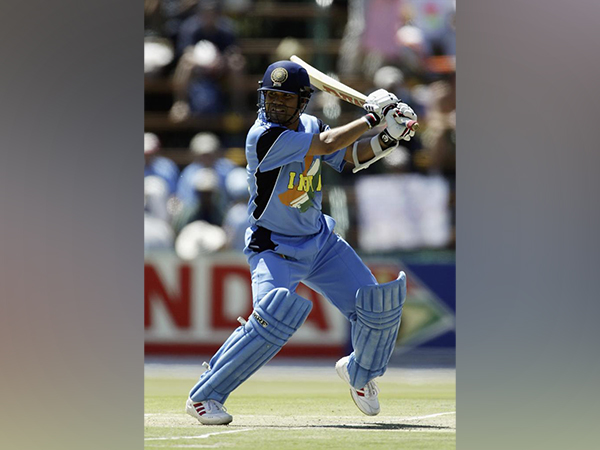Delhi HC seeks Centre's response on plea challenging Essential Defence Services Act, 2021
Sep 16, 2021

New Delhi [India], September 16 : The Delhi High Court on Thursday sought the response of the Centre and others on a plea challenging the powers and constitutional validity of The Essential Defence Services Act, 2021.
The bill received the assent of the President on August 11, 2021, and came into effect from June 30 June 2021.
A bench of Justice DN Patel and Justice Amit Bansal on Thursday issued notice to the Ministry of Law and Justice and Ministry of Defence and fixed the matter for November 16, 2021.
The petition, filed by the All India Defence Employees Federation, has challenged provisions that prohibit strikes in essential defence services and the imposition of stringent criminal consequences under the Act.
The petition states that in industrial jurisprudence, the right to strike has been recognized as a statutory right and is the culmination of centuries of the struggle of exploited labour, working in miserable conditions to gain some measure of equality in an inherently unequal employer-worker relationship.
"It is a weapon that has fortified the dignity of labour and given the necessary encouragement and fillip to the downtrodden to be able to stand up to powerful employers," the plea said.
It added that the relationship between an employer and employee is generally regarded as a civil contract for which civil remedies can be claimed by either party. But after the introduction of the impugned Act, the scenario will change for both the employers and employees as the Government has brought criminality to any act. This will result in severe criminal consequences for both the employer and the workmen who will be unable to discharge their duties and perform their functions with such obvious and imminent threats looming above their heads.
The plea also stated that the Essential Defence Services Act, 2021 is not only "substantively unconstitutional but even procedurally unreasonable" in as much as it not only criminalizes peaceful protests and actions but Sections 11, 12 and 13 of the impugned Act take away all necessary procedural safeguards that criminal jurisprudence considers necessary in such cases.
Due to the offence being summarily tried, made cognizable, the police are left with wide discretionary powers that could prove to be a fertile ground for abuse, "especially in the case of the law being vague and over-broad".
"Considering the law is intended to be used against poor workmen, the absence of protection to safeguard from misuse of the provisions far outweighs any possibility of fair, reasonable and just use/application of the provisions. In addition, principles of natural justice, another procedural safeguard that is the basis of industrial jurisprudence, has been taken away and dismissal of workmen may be done summarily without disciplinary proceedings in an arbitrary manner. Therefore, these provisions are violative of Articles 14 and 21 of the Constitution of India," the plea said.

















